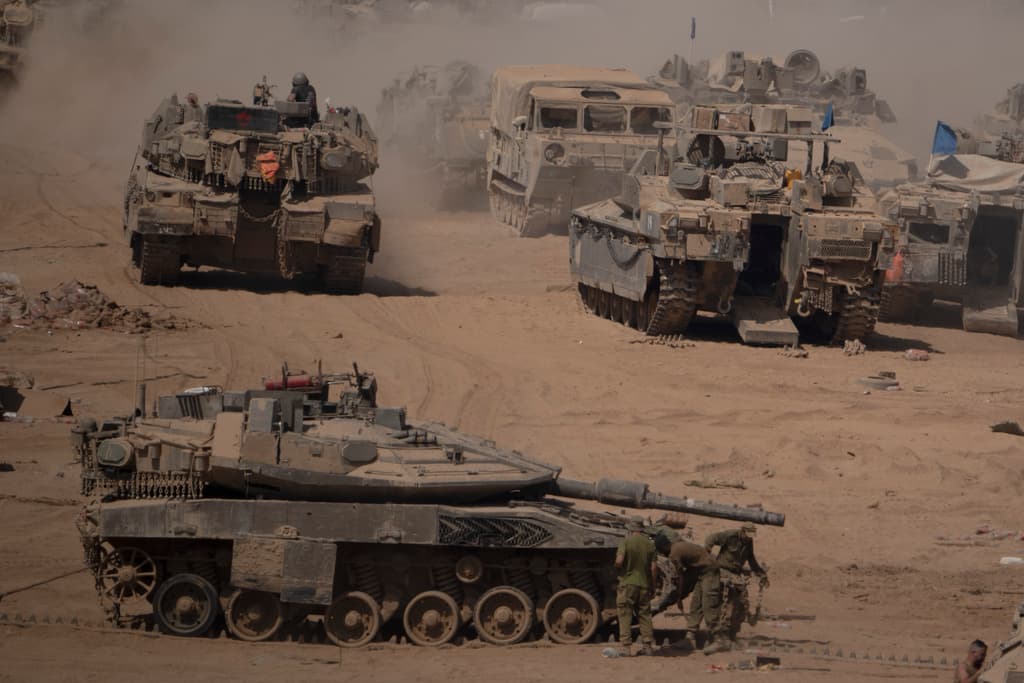It was said to be close, but an agreement on a ceasefire in the Gaza War is delayed.
The war parties are accusing each other of preventing the final step. Hamas said it had accepted an agreement – but with certain reservations.
On Tuesday evening, the message came that terrorist-stamped Hamas had submitted an official response to the mediators regarding the ceasefire proposal on the table, which has been put forward by the UN Security Council.
But the response is said to contain changes to the original proposal.
It concerns "several" changes, says US Secretary of State Antony Blinken, who has travelled to mediating Qatar. He considers some of the changes to be feasible – "others not" – without going into detail about which parts are concerned.
We are determined to try to bridge the gaps. And I believe that these gaps are possible to bridge, says the American.
It doesn't mean they will be bridged, since it ultimately depends on Hamas. The longer this continues, the more people will suffer, so the haggling must stop now.
Silence from Israel
Hamas sources earlier told the newspaper Haaretz that the movement had accepted the ceasefire proposal according to the Security Council's decision. A Hamas spokesperson also told Reuters on Tuesday, but did not mention the changes.
According to Hamas sources, it is "Israel that does not accept the proposal and the US that is avoiding it."
The US has stated that Israel has approved the original proposal – but no clear message has been given from the Israeli government. US President Joe Biden and Secretary of State Blinken have insisted that Israel is on board with the plan.
The talks about the ceasefire gained new momentum after the UN Security Council adopted a resolution on Monday evening, urging the parties to accept the proposal in full and unconditionally.
"Concrete plan soon"
An Israeli source tells several media outlets that Israel has received the response – and that the changes Hamas wants to make concern several key points, including the release of hostages taken by the terrorist group during the 7 October attack.
According to other sources, the proposal has also been changed regarding Israel's military withdrawal – which, according to the proposal, should take place from densely populated areas – and the timeline for it.
The mediators will continue to work until an agreement is reached, according to Antony Blinken. He adds that the US will present a "concrete" plan for Gaza's future after the war within a few weeks.
The ceasefire proposal on the table consists of three phases.
The first phase lasts for six weeks and involves a complete ceasefire, the withdrawal of Israeli forces from "all populated areas in Gaza" and the exchange of several hostages for hundreds of Palestinian prisoners.
Phase two is dependent on the parties first agreeing on "necessary arrangements". But if so, it would mean a permanent end to hostilities, the release of all remaining living hostages, and the withdrawal of all Israeli forces from Gaza.
In the third phase, the remains of hostages who are no longer alive will also be returned, and a comprehensive reconstruction plan will be launched.






